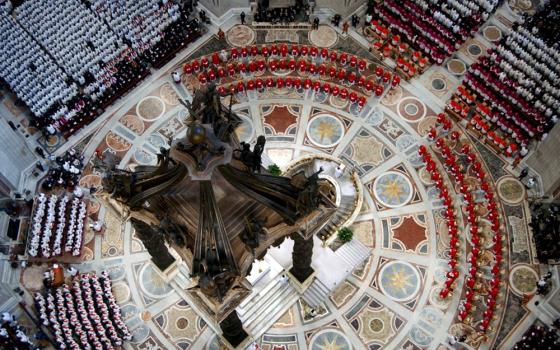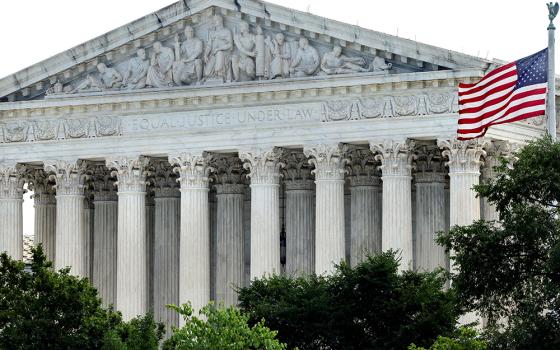The National Catholic Bioethics Center does important work, but I fear their latest statement betrays a bias against the Affordable Care Act that has colored their judgment. This issue is whether or not Catholic institutions can serve as "navigators" or other facilitators for the implementation of the new law, helping to get poor people to understand the new law and to "navigate" through their choices to find the policy that will best serve their needs and the subsidies that will permit them to pay for it. The NCBC says Catholic institutions should not help in this way. Here is a link to their statement. I think they are wrong.
The NCBC's concern is that once you establish yourself as a navigator under the law - and get the funding and training for the job - you may end up helping some people sign up for health insurance that covers abortion and procedures and pills that the Church teaches are morally impermissible. I have long believed that the NCBC and the USCCB have pushed the argument about cooperation with evil a step too far. Abortion is evil. Procuring insurance is not. (The debate about our institutional autonomy raised by the HHS contraception mandate is a distinct issue.) Here, however, NCBC goes a step further. The decision to become a "navigator" is a decision to help people get insurance, mostly poor people who do not currently have it. That is even further removed from the evil with which we cannot cooperate.
One of Pope Francis' recent comments is illustrative of why I think the NCBC is wrong. It is not that the pope said we should not be worried about making mistakes so much in our efforts to help the poor: The NCBC exists to help us worry about mistakes, tragic mistakes, mistakes that can imperil our souls. In the Jesuit interview, the pope said that pastors should not "spiritually interfere" in the lives of gay people. Everyone focused on the fact the pope was discussing gays and lesbians in that answer, but I was struck more by what he was saying about the task of being a pastor. A pastor teaches, to be sure, but a pastor must not "interfere," must not dictate, must allow his parishioner a certain freedom. This, it seems to me, is on point to the discussion of whether or not the Church should use Her myriad social service agencies, and indeed our parishes, to help people sign up for health care under the new law. We should certainly point out that the law requires every exchange to offer at least one plan that does not cover abortion, and encourage our Catholic people to sign up for that plan. But, we have to understand that a plan that does not cover abortion may have other problems that make it unsuitable for a given family. No Catholic can, in good conscience, equate abortion with other medical procedures to be sure. But, I do not see that the desire to purchase a given insurance policy, which covers abortion but also covers some other procedure the family may need, while the non-abortion policy does not cover that other procedure, constitutes an evil act, especially if that person has no intention of using the abortion coverage. I think the NCBC got it wrong.
The bishops should examine this at their November meeting. I understand that many Catholics have understandably grown suspicious of the Affordable Care Act largely because of the HHS mandate. But, we cannot let that fight, which has gone to the courts, cloud our commitment to health care for mostly poor people who currently lack it. That has long been a goal of the Church here in the U.S. The Church has long held that health care is a basic human right and, consequently, a social responsibility. I wish the Affordable Care Act had enacted a single payer system and then we would not be having any of these other debates. But, the idea that helping poor folk get insurance is illicit cooperation with evil because a poor person might sign up for an insurance policy that covers abortion, whether or not they ever intend to use that coverage, that is stretching the otherwise useful concept of non-cooperation with evil too far.





